South Korea’s Top Court Rules for Stronger Climate Action

South Korea's court mandates stronger climate action, ruling existing laws inadequate for protecting future generations rights

South Korea's court mandates stronger climate action, ruling existing laws inadequate for protecting future generations rights
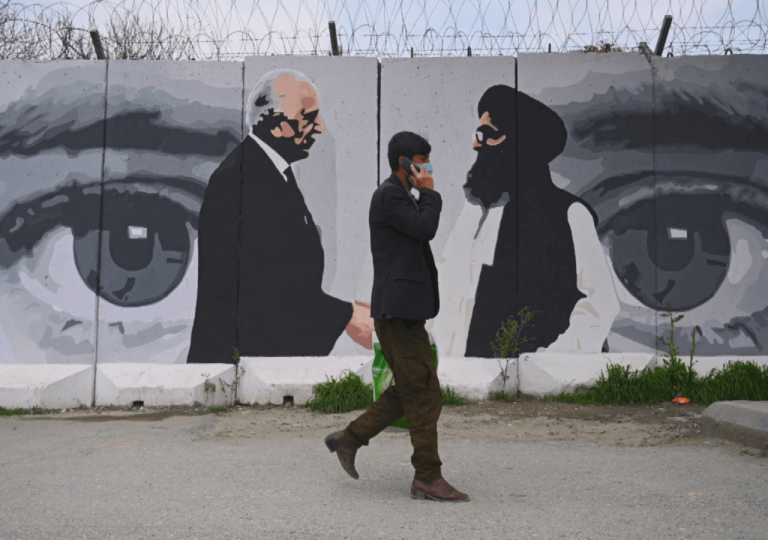
Afghanistan was infused with extremist Islamic ideology by the U.S. to counter the Soviet Union, leading to the Taliban's rise and the U.S. invasion
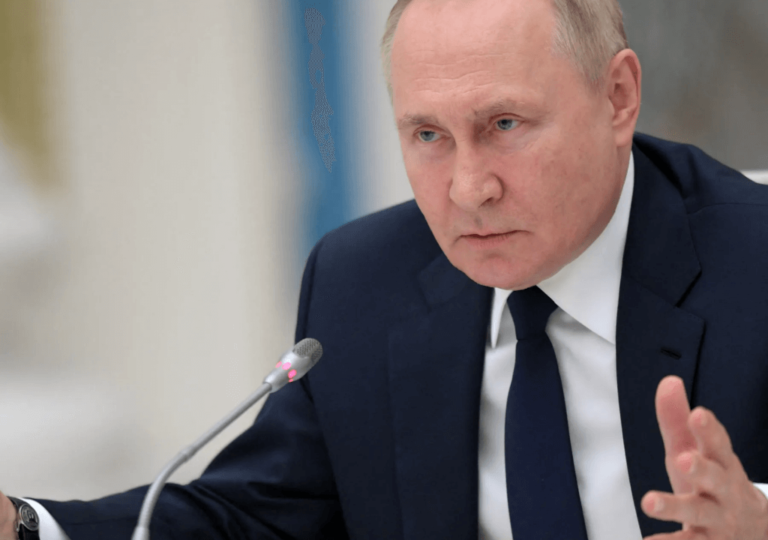
A shift in sentiment among younger generations in former Soviet countries shows a growing alignment with Western values, challenging Russia's influence
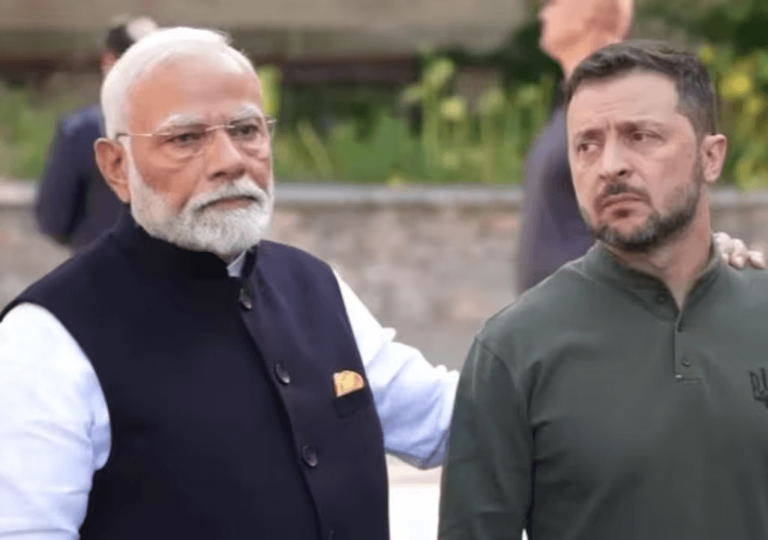
Modi's visit to Ukraine marks a historic moment, emphasizing India's support for Ukraine amid ongoing conflict with Russia

Europe takes action to shield its market from cheap Chinese products, prompting retaliatory investigations from China into European imports
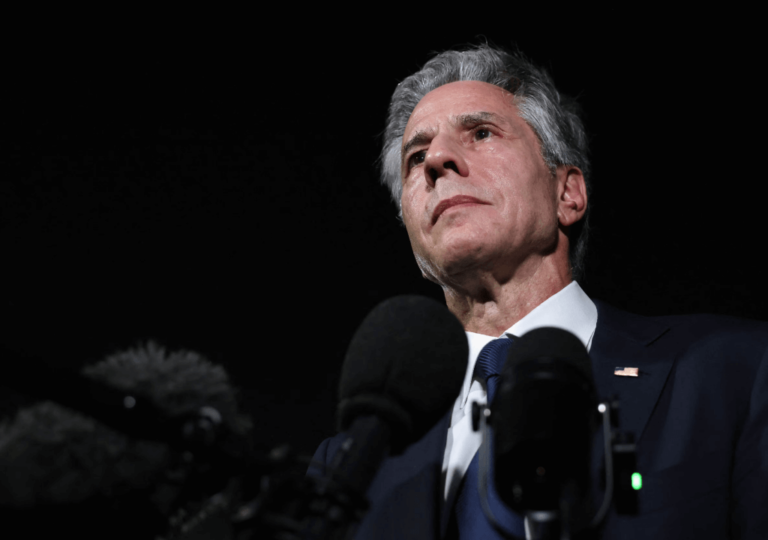
A U.S. ceasefire demand in the Israel-Hamas conflict faces resistance as humanitarian crises deepen in Gaza
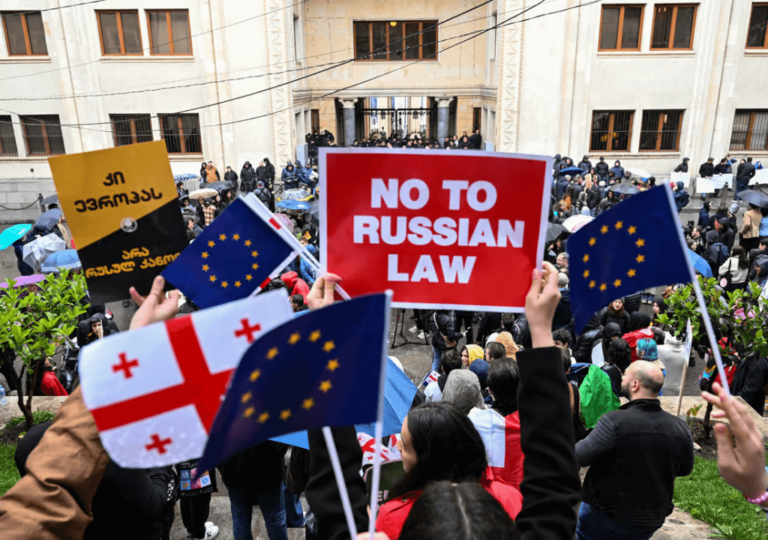
Georgia is accused of circumventing Western sanctions on Russia, jeopardizing its European aspirations despite protests against Russia
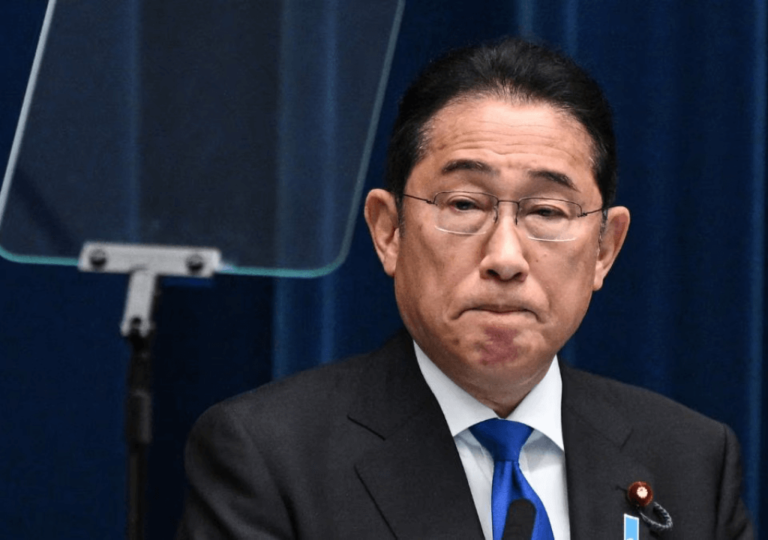
Japan's Prime Minister Fumio Kishida will step down, leading to an unpredictable leadership race within the LDP next month
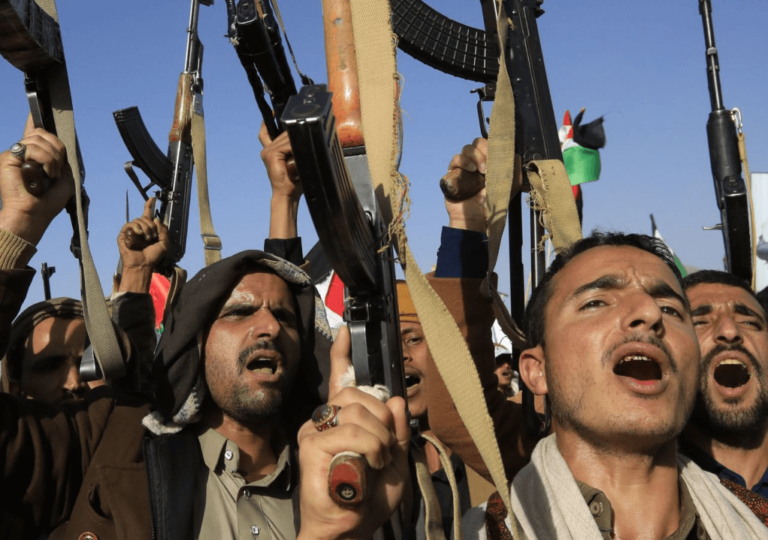
The Islamic world lacks a superpower to challenge Israel due to U.S. dominance and weakened regional leadership
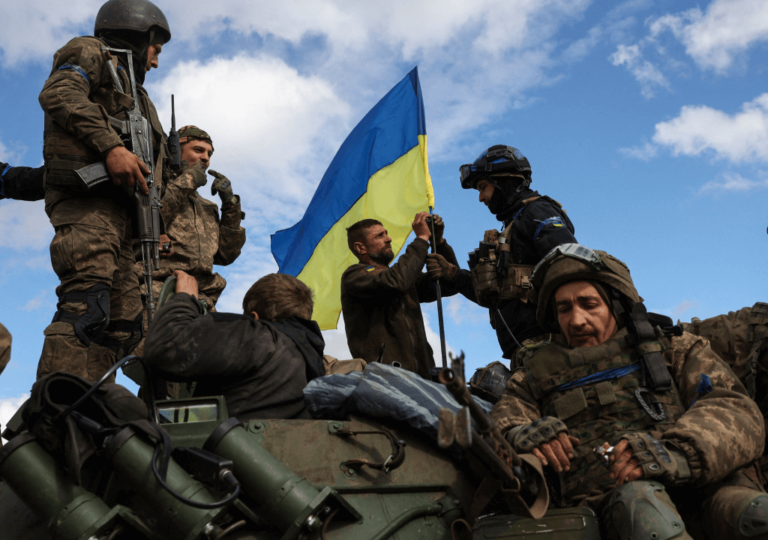
Ukrainian forces make significant gains into Russian territory, challenging Moscow's might